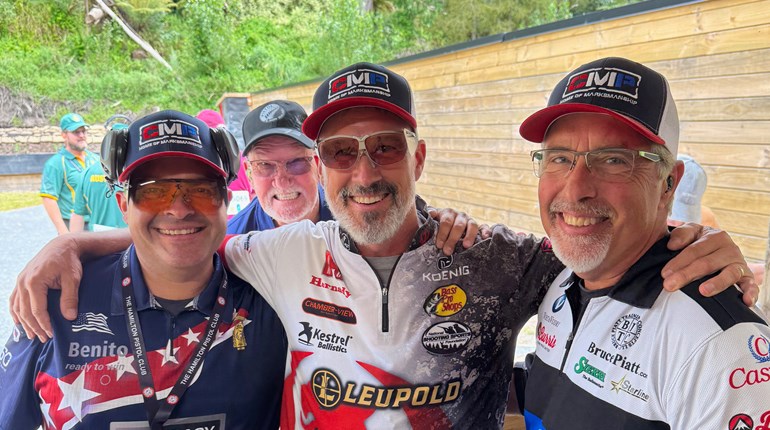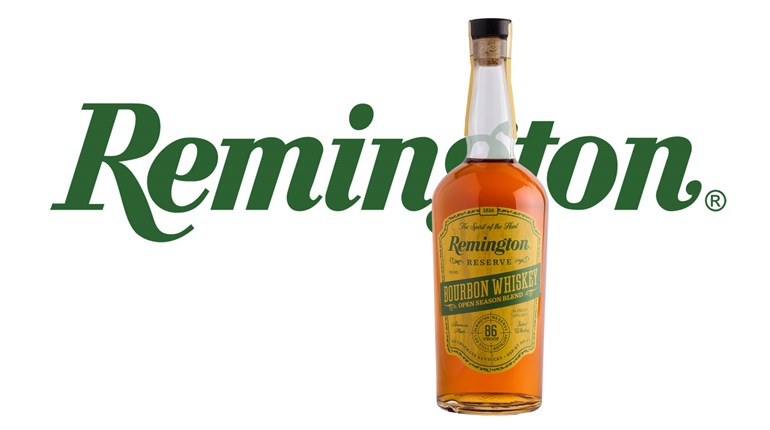
The evil actions of a murderer in New Zealand so dominated the news this past week that you might have missed a court ruling in Connecticut that—if left unchecked—could bankrupt your favorite gun manufacturers simply because they are marketing legal products.
The Connecticut Supreme Court reinstated a lawsuit filed by the families of nine victims of the Sandy Hook Elementary School shooting. These families want to hold Remington Arms civilly liable for the actions of a 20-year-old, mentally ill man who used his mother’s (his first victim, by the way) Bushmaster AR-15 rifle to carry out his terrible crime. They think Remington should pay because the company made and marketed the rifle the murderer used.
This has been tried before.
In 1998, then-Chicago Mayor Richard M. Daley sued gun makers and dealers, saying: “You can’t expect the status quo on businesses which make money and then have no responsibility to us as citizens.”
At the time, other politicians who opposed gun rights filed similar lawsuits.
So much legal action was filed on this novel idea that gun makers were in danger of going bankrupt from legal costs. Though American gun makers often have been cast by Hollywood as big-money, fat cats with cigars in their greedy mouths, the reality is American gun manufacturers see small profit margins from products made from steel, polymer and wood by blue-collar workers. These companies were being driven toward bankruptcy by those politically motivated lawsuits.
The suits were frivolous. Suing gun makers because someone used a gun to commit crimes is like someone suing GM because a terrorist used a GMC Sierra to runover people on a sidewalk.
In 2005, these lawsuits were stopped when Congress passed and President George W. Bush signed the Protection of Lawful Commerce in Arms Act (PLCAA), a law that shields gun manufacturers and retailers from civil liability because someone used their products illegally.
However, the PLCAA doesn’t—despite what gun-control activists have said—shield gun makers and retailers if they make a faulty product, if they knowingly sell a product to someone who can’t legally own the firearm, and so on. In other words, the PLCAA only protects these companies from frivolous lawsuits. But still, the PLCAA was no small thing since it saved America’s gun manufacturers from being run out of business due to legal costs.
This new ruling from the Connecticut Supreme Court “created a dangerous new exception,” to the PLCAA, reported the NRA-ILA. This ruling uses the PLCAA’s narrow focus to create a new way for plaintiff’s to file lawsuits against gun makers all over again because someone used a legal product to do something illegal. These families are arguing that the gun manufacturer should not have marketed to civilians “military-style weapons,” which they say the AR-15 is. The Connecticut Supreme Court went along with this logic by ruling that Remington can be sued for marketing such a rifle.
Of course, Remington is hardly the only American company marketing modern sporting rifles, such as AR-15s, to consumers. Also, selling these products is not a new thing, as Colt began marketing AR-15s to civilians back in 1963—the same year the U.S. military began to purchase a similar-looking but full-auto M16 from Colt.
Unfortunately, the majority (in a 4–3 ruling) of the justices on this court chose to creatively dance between the lines of the PLCAA to open a window for these lawsuits to flood in and destroy America’s gun manufacturers.
The Connecticut Supreme Court ruled that the “PLCAA did not bar the plaintiffs’ wrongful death claims predicated on the theory that the defendants violated [the Connecticut Unfair Trade Practices Act] by marketing the rifle in question to civilians for criminal purposes and that those wrongful marketing tactics caused or contributed to the decedents’ injuries.”
This ruling, if upheld, could make it too expensive for gun manufacturers to make their popular products. It isn’t fair to say that companies shouldn’t be able to market legal products. It isn’t even honest to say that these lawsuits could conceivably only be aimed at American manufacturers that make so-called “military-style weapons” since just about every firearm type now used by American civilians was or is now being used by law enforcement and the U.S. military (including pump-action shotguns, bolt-action rifles and semiautomatic pistols).
Certainly the murderer responsible for the Sandy Hook Elementary School shooting should never have been allowed to get his hands on a gun. He was mentally ill. His mother enabled him. She paid the ultimate price for her tragic lack of judgment.
Making the manufacturers of products that American consumers have been buying for over a half century civilly liable for the actions of criminals won’t stop the next mass killer. Education, outreach, more and better options for the care of mentally ill and possibly violent individuals … are the kinds of things that can work.
More Legislation to Stop Attacks on the Finances of Politically Incorrect Companies
U.S. Sens. Kevin Cramer (R-N.D.) and John Kennedy (R-La.) introduced the Freedom Financing Act (S. 821). This legislation would further help end politically motivated discriminatory lending practices from banks and other financial institutions. In what became known as Operation Choke Point, in 2013 the Obama administration’s Department of Justice investigated banks in the United States to pressure them to stop doing business with firearms manufacturers, gun dealers and other companies. This legislation is an effort to further prevent such discrimination.
Most-Revealing Anti-Freedom Quote of the Week
“Because the gun manufacturers only care about gun sales ... they want to oppose universal background checks because they want to sell an assault rifle to a teenager in a Walmart, or to someone on the terror watch list, or to someone who’s gravely mentally ill... .” –Sen. Kirsten Gillibrand (D-N.Y.)
Despite what Gillibrand insinuates, anyone buying a firearm at a Walmart or any other licensed firearms dealer would have to be cleared first through the FBI’s National Instant Criminal Background Check System (NICS).
As for the terror watch list and other government black lists, we have no way of knowing who is on them for good reason. Those lists are designed to help government authorities target certain individuals and to ideally prevent a “watched” person from committing a terrorist act or other crime. It is then clearly unconstitutional for the U.S. government to have the power to secretly take away a citizen’s constitutional rights; the government must first give U.S. citizens due process under the law.
And no, Sen. Gillibrand, gun makers don’t want to sell their products to the“gravely mentally ill.”The trade association for firearms manufacturers, the National Shooting Sports Foundation, has for years been leading the way (without mainstream-media help) to get states to provide more records to the NICS of those who have mental illnesses that legally prohibit them from buying firearms. The initiative is called FixNICS and it has had a lot of success.
Lastly, it is hardly necessary to point out that those who are running or employed by America’s firearms manufacturers have every interest in keeping their products out of the hands of prohibited persons—for starters to protect their brands and their loved ones!
Gillibrand is clearly lying. The real trouble is she knows she can lie about this issue because the mainstream media won’t call her on it.


































